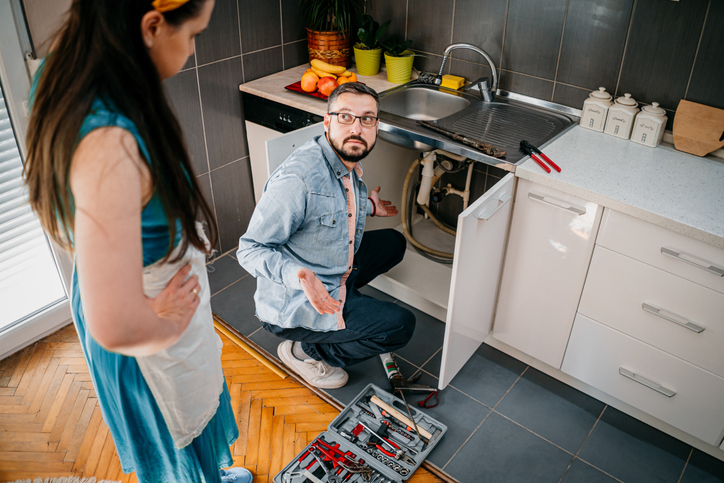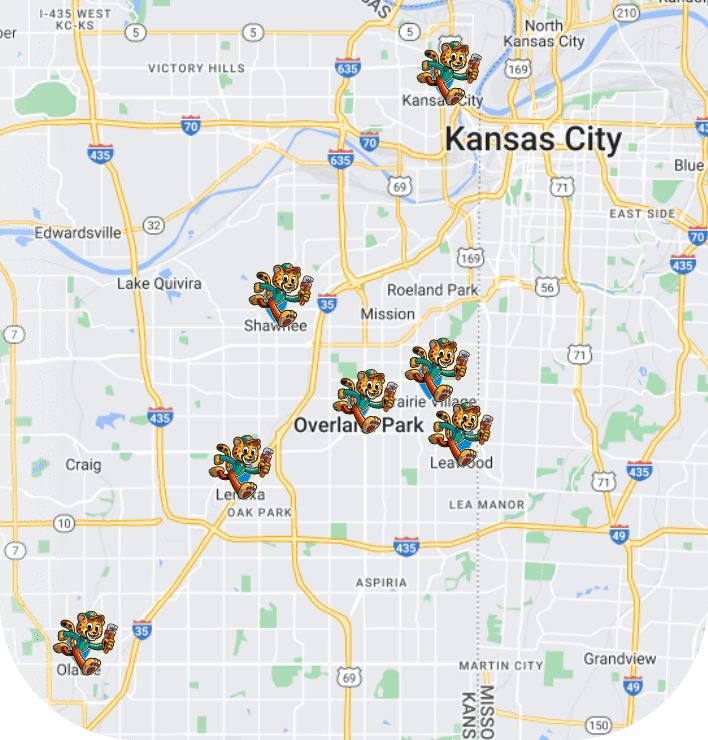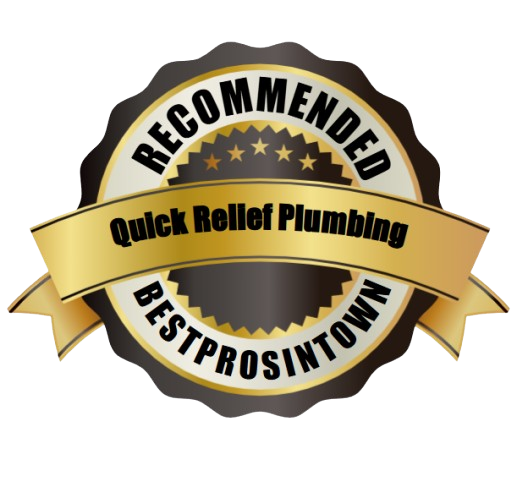Plumbing emergencies can cause significant inconvenience and even damage to your home if not handled properly. One common cause of such emergencies is clogged or blocked drains, which can lead to overflowing sinks, toilets, and other plumbing fixtures. Fortunately, regular drain cleaning can prevent these issues from occurring in the first place. In this article, we will discuss the importance of drain line cleaning in preventing plumbing emergencies and provide some practical tips for maintaining a healthy plumbing system.
1. Understanding Your Drainage System
Before delving into the role of cleaning, it’s crucial to understand how your home’s drainage system works. The plumbing system in a typical household is composed of two parts – the water supply system and the drainage system. While the water supply delivers clean water to your home, the drainage system removes dirty water and waste from your sinks, toilets, showers, and other fixtures.
2. The Importance of Regular Cleaning
Over time, various substances can accumulate in your drains, causing blockages that prevent proper water flow. These substances can include hair, grease, soap residue, food particles, and even mineral deposits from hard water. If left unaddressed, these clogs can build up and eventually lead to complete blockage of your pipes.
This process helps remove these accumulated substances before they become problematic. It involves using specialized tools and techniques to clear out any debris or build-up in your drains, ensuring smooth water flow throughout your plumbing system. By keeping your drains clean, you can prevent clogs and minimize the risk of plumbing emergencies.
3. Signs That Your Drains Need Cleaning
It’s essential to pay attention to your drains’ condition and address any issues promptly before they escalate into emergencies. Some common signs that indicate the need for cleaning include slow-draining sinks or tubs, foul odors emanating from your drains, gurgling noises when flushing your toilet, and standing water around drains. If you notice any of these signs, it’s best to schedule a professional service as soon as possible.
4. DIY Tips
While professional services are always recommended, there are also some DIY methods you can try to maintain your drains’ cleanliness. One simple method is pouring hot water down your drains regularly to help dissolve any grease or soap scum build-up. You can also use a mixture of baking soda and vinegar to create a natural cleaning solution that helps break down clogs.
For tougher clogs, you can manually dislodge the blockage using a plunger or plumbing snake. However, it’s essential to use these tools carefully and avoid harsh chemicals, as they can damage your pipes.
5. Its Role in Preventing Emergencies
Regular cleaning not only prevents clogged drains but also addresses any potential issues before they become emergencies. By removing any build-up or debris in your pipes, you can prevent blockages that can lead to overflowing toilets, sinks, or even burst pipes. This can save you from expensive repairs and minimize the risk of water damage to your home.
Moreover, clean drains also promote proper water flow, preventing pressure buildup in your plumbing system. This can help extend the lifespan of your pipes and other fixtures, saving you money on frequent replacements.
6. Other Benefits
Aside from preventing emergencies and maintaining a healthy plumbing system, regular drain line cleaning has other benefits. It helps eliminate foul odors caused by bacteria growth in clogged drains, improving indoor air quality. Clean drains also reduce the chances of insect infestation, as bugs are attracted to stagnant water in clogged drains.
Moreover, regular maintenance can also save you money in the long run. By preventing clogs and maintaining your plumbing system’s efficiency, you can reduce water bills and avoid costly repairs or replacements.
7. When to Schedule Professional Services
While some minor clogs can be resolved using DIY methods, it’s best to schedule a professional drain service at least once a year. This is especially important for older homes with outdated plumbing systems that are more prone to clogs and other issues.
Professional plumbers have the necessary tools and expertise to thoroughly clean your drains and address any potential problems before they become emergencies. They can also provide helpful maintenance tips and identify any underlying issues that may require further attention.
In conclusion, regular drain line cleaning plays a crucial role in preventing plumbing emergencies and maintaining a healthy plumbing system. By understanding how your drainage system works, paying attention to warning signs, and using DIY methods for maintenance, you can avoid costly repairs and ensure smooth water flow in your home. However, it’s always best to schedule professional drain cleaning services at least once a year for thorough and effective maintenance.
Are you looking for superior drain line services? Don’t hesitate to reach out to the expert team at Quick Relief Plumbing. Call us at (913) 207-0779 today!









